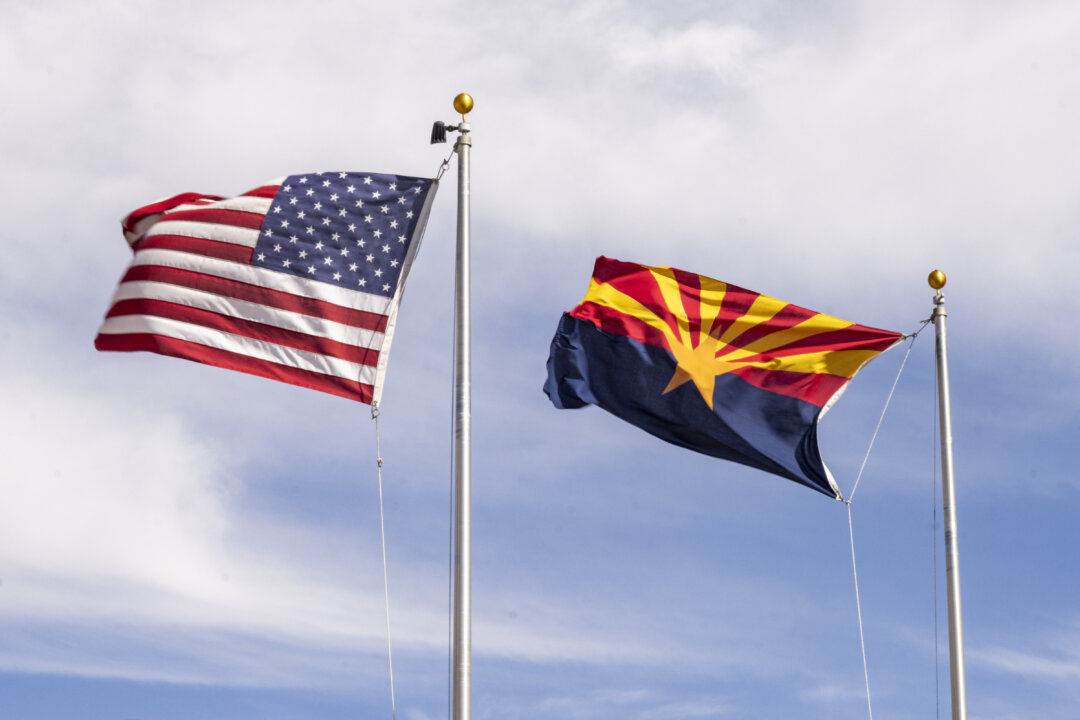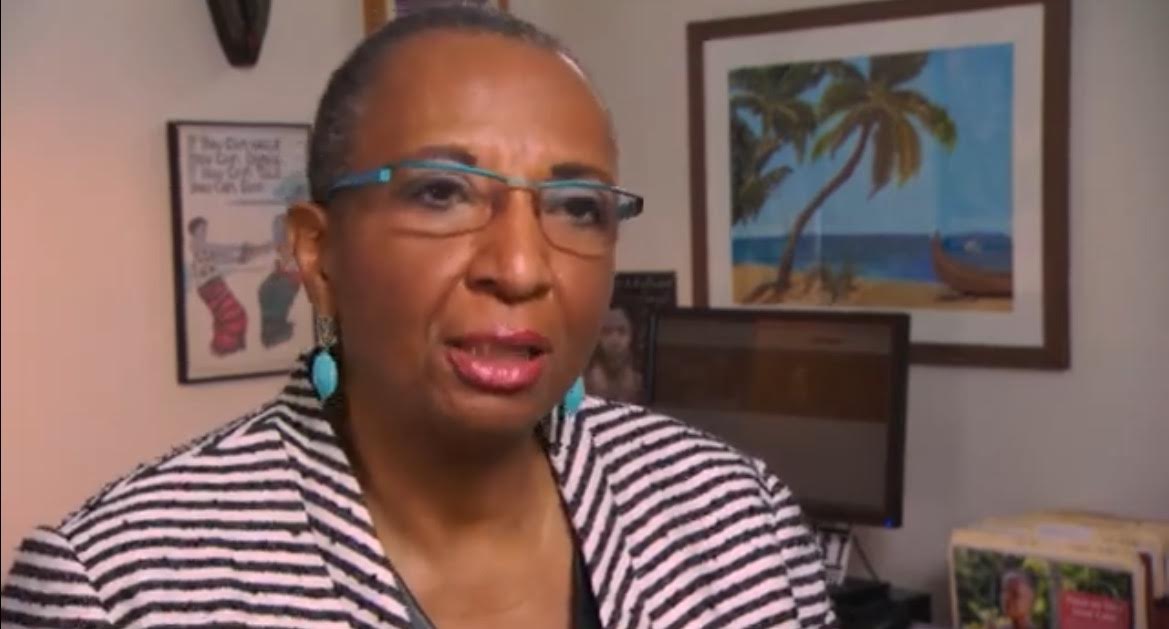The operators behind a behavioral health company have found themselves in hot water, accused of billing Arizona’s Medicaid program a staggering $60 million for services that were never provided. An Arizona grand jury has indicted 22 individuals and entities involved in this colossal Medicaid fraud scheme, which revolves around sober living homes. The charges against them include a laundry list of serious offenses such as money laundering, theft, conspiracy, fraudulent schemes, patient referral fraud, and forgery.
Arizona Attorney General Kris Mayes laid out these accusations on May 20. This is just one piece of an ongoing investigation into a larger $2.7 billion fraud, which preyed on the state’s healthcare system, with a particular focus on Native Americans seeking help for drug and alcohol addiction. It’s a disturbing scenario, with the charge document detailing how 20 individuals, linked to a church and a mental health organization named Happy House Behavioral Health, are embroiled in this mess.
The Memorial Day Sale is ON NOW!
Get 25% off site-wide with discount code MEMORIAL25 at checkout.
Includes FREE shipping in the USA.
https://GetZStack.Com
The allegations suggest that Happy House received over $60 million for services that were either never provided or only partially completed. Shockingly, some of the billing appeared to be for clients who were no longer alive or were behind bars. Prosecutors also claim that sober living facilities referred clients to Happy House, which then received money from the Arizona Health Care Cost Containment System (AHCCCS), the state’s Medicaid agency.
The scheme didn’t stop there. Happy House allegedly paid these sober homes for client placements, with this arrangement forming the backbone of the fraudulent charges. Among the money laundering allegations is a $5 million payment made by Happy House in July 2023 to Hope of Life International Church, which later funneled $2 million to an entity in Rwanda. Attempts to reach lawyers for Happy House and Hope of Life International Church for comment have so far been unsuccessful.
This case is just one part of Arizona’s sweeping crackdown on Medicaid fraud and rogue sober living homes. The state has charged more than 100 individuals and multiple companies in connection with these fraudulent practices, many of which specifically targeted Native American tribal members. Beginning around 2019, scammers enticed people into bogus treatment programs by offering food, shelter, and addiction recovery services.
However, the reality was far different. These individuals were placed in sober living homes where operators often permitted or even encouraged continued drug and alcohol use. According to state officials, victims were frequently cut off from family contact, and in some instances, they were held against their will. As Arizona Governor Katie Hobbs highlighted, people had to escape out of windows and leap over fences in the dead of night just to find a phone to reach the outside world.
Meanwhile, these scammers were busy overbilling the American Indian Health Program, a Medicaid plan for tribal members, for services that never saw the light of day. Between 2019 and 2022, outpatient behavioral health claims skyrocketed from $53 million to $668 million, according to AHCCCS. In response to this humanitarian crisis, as Governor Hobbs described it, the state rolled out a $6 million grant in November 2024 to aid tribal communities affected by the scam.
To address these issues, in April, Governor Hobbs signed into law new regulations to tighten oversight of sober living homes. The Arizona Department of Health Services will now establish standards to ensure these facilities maintain a drug- and alcohol-free environment and promote recovery. The department will also have the power to suspend or revoke licenses or fine violators up to $1,000 for each day a violation goes unaddressed.
This law requires the department to conduct annual inspections, handle complaints, and report to lawmakers the number of investigations and enforcement actions taken. It’s a step toward restoring integrity and trust in Arizona’s healthcare system while protecting vulnerable individuals from exploitation. The state’s commitment to addressing these issues reflects a broader effort to uphold the values of accountability and justice.
These developments underscore the importance of vigilance and transparency in handling public funds and healthcare services. Arizona’s actions serve as a reminder that fraudulent schemes exploiting vulnerable populations will not be tolerated. As the state continues to crack down on these schemes, it remains steadfast in its mission to protect its citizens and uphold the rule of law.
With these new measures in place, Arizona is taking significant strides to ensure that its healthcare system serves those in need effectively and ethically. By holding wrongdoers accountable, the state is setting an example of how to tackle fraud and protect its residents. This ongoing effort highlights the importance of maintaining a robust and accountable healthcare infrastructure.




